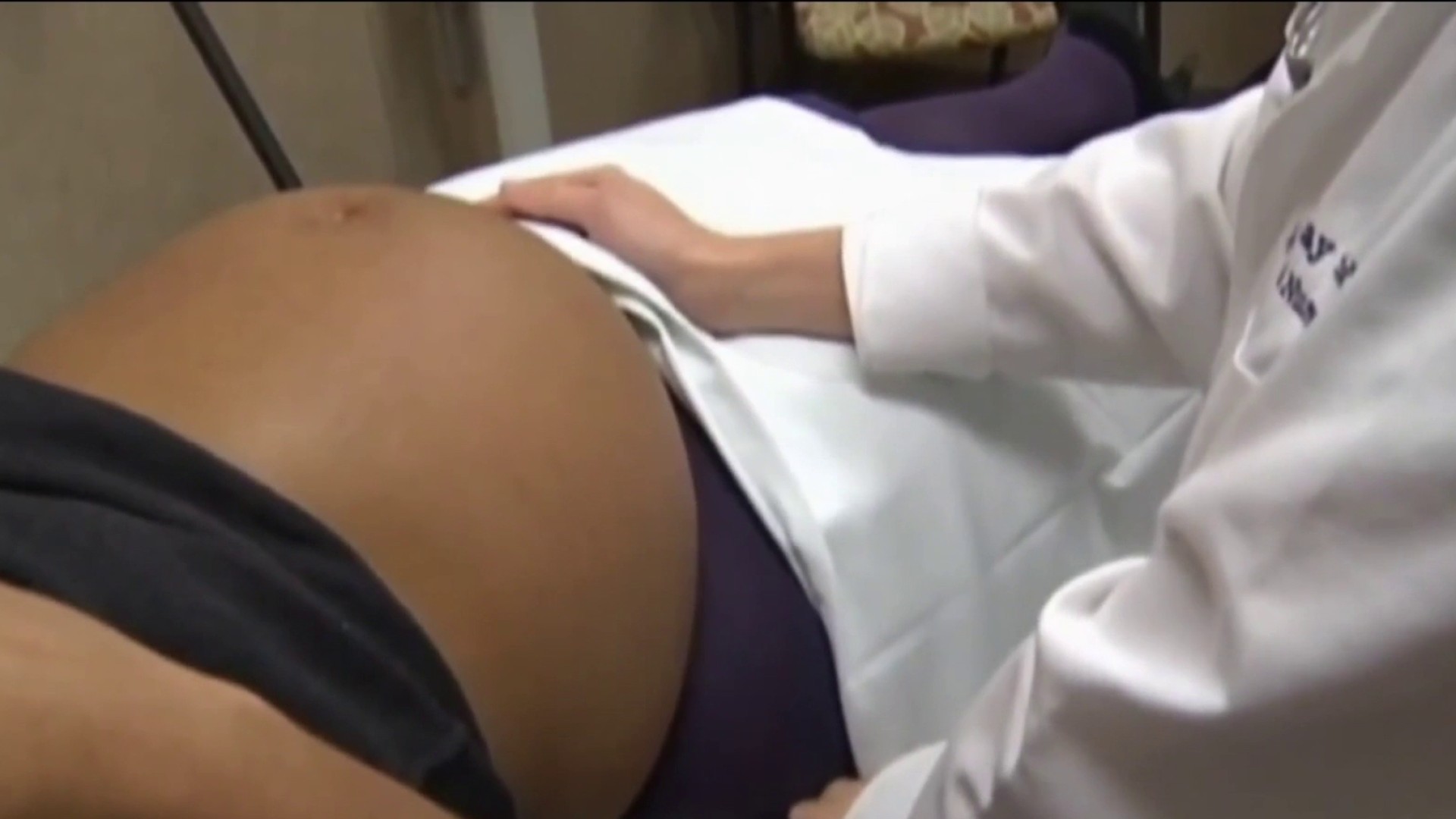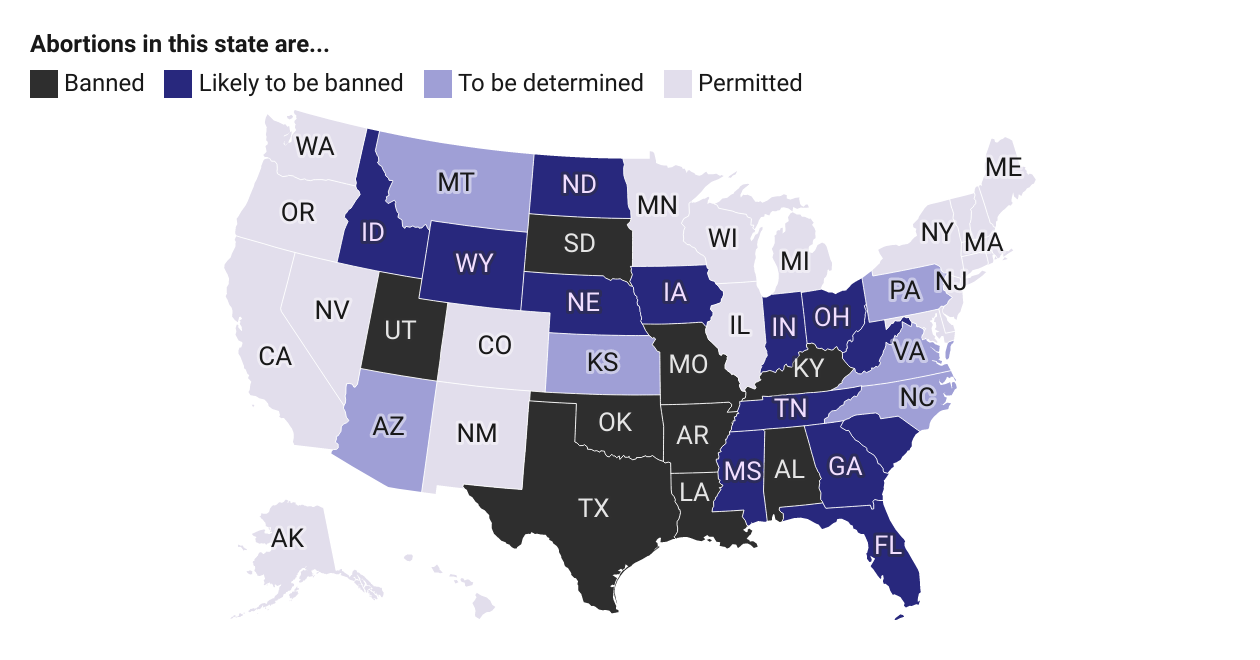After the 50-year precedent of constitutionally protecting the right to abortion was overturned last week, women's reproductive healthcare is now in the hands of states.
Following the Roe v. Wade ruling, the conversation has largely centered around access to contraceptives and abortions—but this is not the only procedure affected by the overturn.
Watch NBC6 free wherever you are
Another practice finds itself subsequently threatened by the possibility of a federal abortion ban: fertility treatments.
With Florida transitioning to a 15-week abortion restriction on July 1, the limits on the procedure are only becoming stricter.
Get local news you need to know to start your day with NBC 6's News Headlines newsletter.
For local fertility clinics, this incites a pressing question: if abortion is banned in Florida, where does that leave procedures such as in-vitro fertilization?
ROE V. WADE OVERTURNED
According to American Society for Reproductive Medicine President Dr. Marcelle Cedars, the Supreme Court decision will inevitably affect fertility centers nationwide.
"While the immediate target of these restrictions is abortion care, there is a clear and present danger that measures designed to restrict abortion could end up also curtailing access to the family building treatments upon which our infertility patients rely to build their families," Cedars said in a statement.
Unlike ever before, states are now given the ability to define life, thus opening up many new challenges to existing procedures.
The reasoning behind this is simple: with the newfound ability to ban abortions, states now have the power to determine when life begins and at what point that life inherits its own rights.
Even more so, they now have the ability to enforce these definitions by law.
"When [states] are working with definitions of when life begins, whether it's at conception or whatever verbiage they're using, they're tiptoeing close to the line of the work that our members are doing everyday to build families in those labs and create embryos," ASRM Center for Policy and Leadership Director Becca O'Connor said in a podcast.
As states begin drafting their own definitions of life, it is very possible that moves to ban IVF treatments will soon follow.
If a state defines life to be created at the moment of fertilization, for example, IVF treatments would undoubtedly be challenged as they involve the tampering with and sometimes destroying of viable embryos.
This, however, is something pro-abortion advocates argue against as they deem the two procedures to be vastly unrelated.

More specifically, Tipton explains that the overturn and "sloppily-worded prohibitions" by states will likely cause "confusion" on the science of fertility treatments.
Despite widespread belief, the issues of abortion and fertility are not so easily comparable as abortion refers to the gestational stage (in womb) while fertility does not.
"Politicians have the ability to declare two things to be legally equivalent. They do not have the power to make them biologically equivalent," said Chief Advocacy, Police and Development Officer Sean Tipton. "That's the dilemma they are creating."
At present, fertility treatments are protected as Florida has not implemented an abortion ban, rather a 15-week restriction.
Should Florida move to ban abortions statewide in the near future, however, local fertility centers will face issues.
"Based on our experts’ review of proposed legislation, there is no indication that any state is contemplating limiting IVF care specifically," a statement from local clinic IVF MD reads. "We will remain vigilant in reviewing any legislation that might impact our patients and will communicate with you if anything changes."
As Florida Gov. Ron DeSantis is strongly anti-abortion, many assume the move to tighten restrictions on the procedure are not far away.
If and when these changes are made within the state, local fertility clinics will likely face a major reckoning in their protected operations.
At the very least, they will surely have to fiercely and effectively defend their right to provide family-building services to South Florida despite the federal changes to come.



